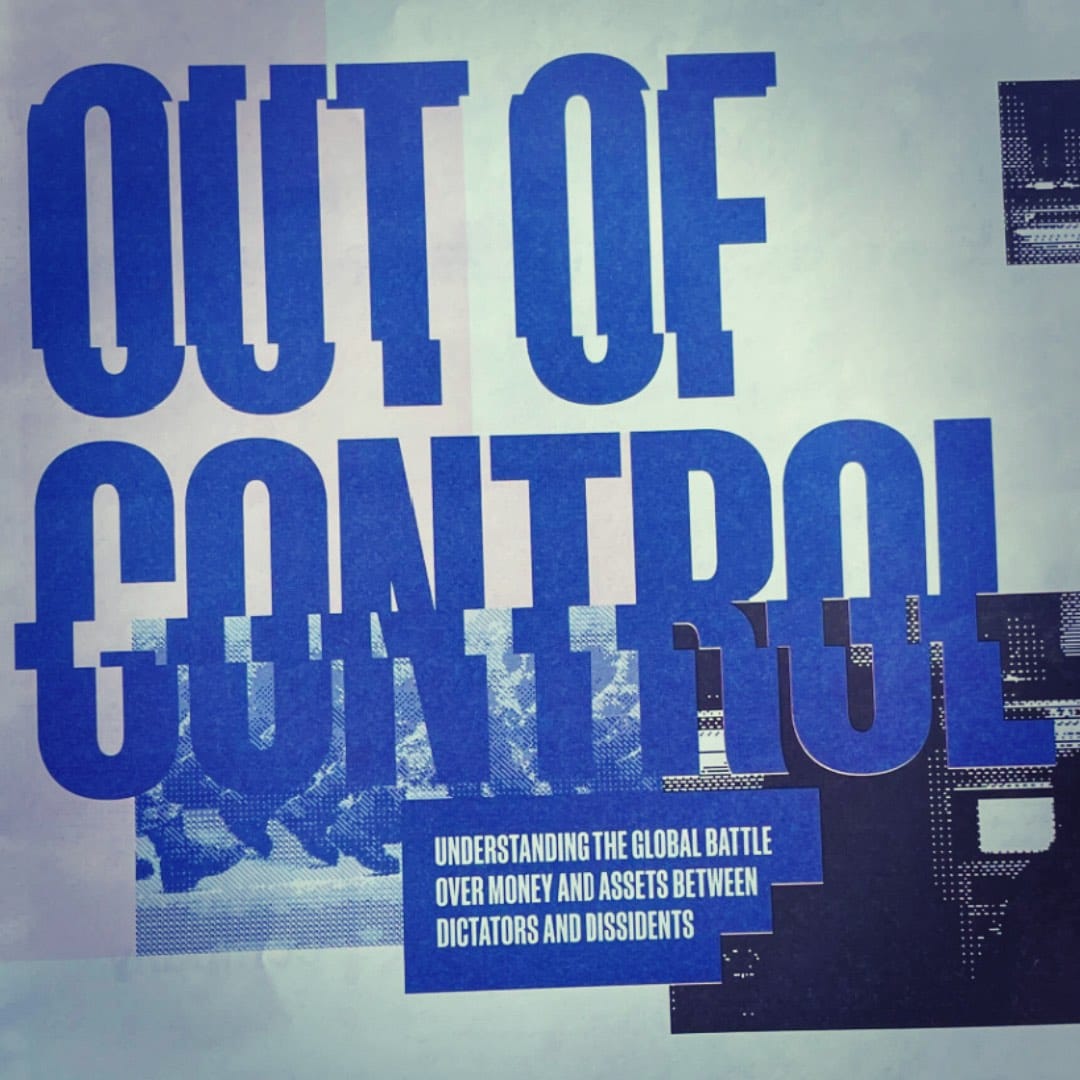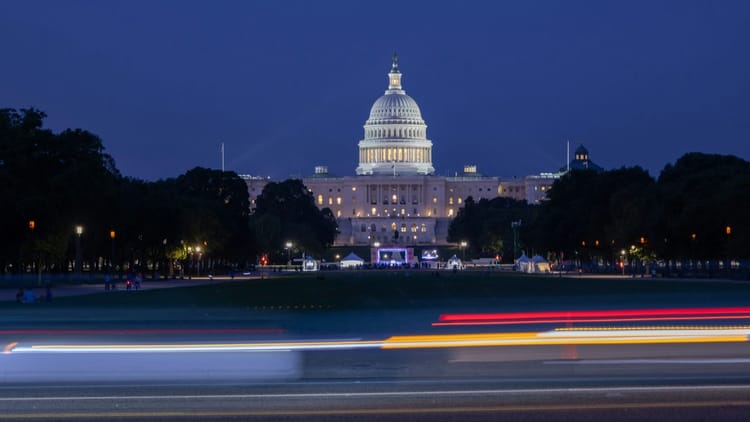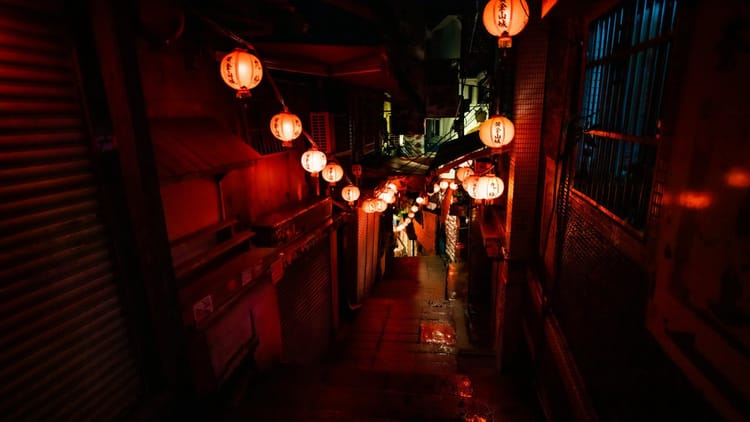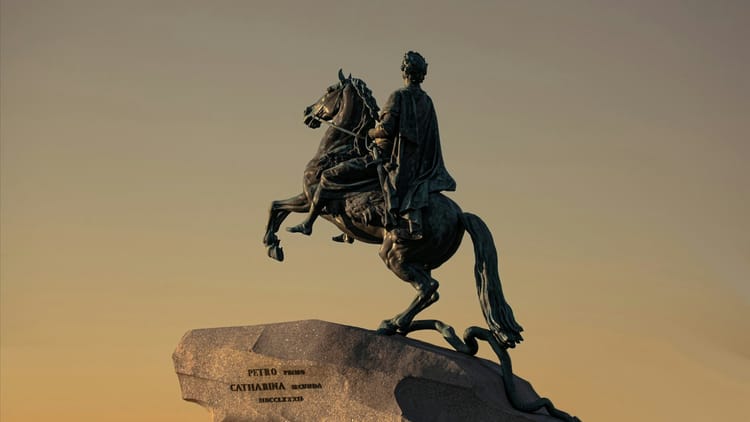Graveyard in the desert

Recently: How is political upheaval in South Korea affecting North Korea? Soo Kim on what’s driving Pyongyang’s increasing hostility toward Seoul.
Today: What’s it take to erase 160,000 murders? Between 2019 and 2021, Syria’s Assad regime ran trucks four nights a week from a known burial ground to a hidden site in the desert—creating a sprawling mass grave, all while preparing for international rehabilitation.
+ For members: Why do the governments of so many major powers seem so shaky these days? Marc Weitzmann on immigration, regulation, and the end of a political era.
& New music from Miguel ...
Developments
- Disarm or be disarmed. U.S. President Donald Trump said on Wednesday that Israeli forces could resume fighting in Gaza “as soon as I say the word” if Hamas doesn’t disarm, though he avoided specifics on how or when. Trump had said on Tuesday that the U.S. would disarm Hamas “quickly and perhaps violently” if necessary. Meanwhile, Hamas has publicly executed men accused of collaborating with Israel as it reasserts control in Gaza; and Israel accuses the group of failing to return all 28 deceased hostages—only eight bodies have been returned since Monday.
- Madagascar’s parliament votes. Andry Rajoelina, Madagascar’s president, was impeached on Tuesday by parliament in a 130-to-1 vote after fleeing the country—reportedly aboard a French military plane—following weeks of Gen Z-led protests. Colonel Michael Randrianirina, the commander of the elite CAPSAT unit that helped bring Rajoelina to power in a 2009 coup, announced the military had taken control and suspended the constitution. The protests began on September 25 over power and water shortages before expanding into broader anger over poverty, corruption, and bad governance. At least 22 people were killed during demonstrations, according to the UN. … See “Sparks and embers: Five days in Nepal.”
- ‘Operation Move Earth.’ In Syria, the regime of the country’s former dictator Bashar al-Assad carried out a two-year clandestine operation to truck tens of thousands of bodies from a mass grave in Qutayfah to a hidden desert location near Dhumair, according to a Reuters investigation published on Tuesday. From 2019 to 2021, six to eight trucks transported human remains four nights nearly every week—an effort to erase evidence of mass killings as Assad sought international rehabilitation. The new site contains at least 34 trenches spanning 2 kilometers. Syrian rights groups say more than 160,000 people disappeared into Assad’s security apparatus, most believed buried in the dozens of mass graves he created.
- Strings attached in Buenos Aires. President Trump said on Tuesday that a US$20 billion currency swap with Argentina depends on President Javier Milei’s party winning legislative elections on October 26. “If he loses, we are not going to be generous with Argentina,” Trump said during a White House meeting with Milei, whom he called his “favorite president.” The remarks represent an unusually overt intervention in another country’s domestic elections. U.S. Treasury Secretary Scott Bessent had announced the bailout earlier this month after Milei’s party suffered a landslide defeat in a Buenos Aires provincial election, shaking investor confidence and causing Argentina’s peso to plunge.
- Shutdown, day fifteen. The U.S. federal government shutdown entered its 15th day on Wednesday with no resolution in sight, as the Senate again failed to advance a funding bill. The Education Department fired 466 more employees on Monday, with layoffs particularly gutting the office overseeing special education for 7.5 million children with disabilities. On Wednesday, Trump said he’d announce a new list of “egregious, socialist” programs to cut this week if the shutdown continues. Democrats are demanding that any funding bill include an extension of Obamacare tax credits; Republicans refuse to negotiate until Democrats drop healthcare demands.

A graveyard in the desert
Syria’s Assad regime began burying bodies at Qutayfah around 2012, early in the country’s civil war—soldiers and prisoners who died in the dictator’s prisons and military hospitals. A Syrian human-rights activist exposed the site in 2014 by releasing photos to local media. A few years later, court testimony and news reports revealed the grave’s precise location.
The idea to move the bodies arose in late 2018, when Assad was verging on victory and hoping to regain international legitimacy after years of sanctions and isolation. Two truckers and a former Republican Guard officer told Reuters that military commanders made the purpose clear: erase evidence of mass killings. For four nights nearly every week from February 2019 to April 2021, the trucks made their runs to the desert. By the time Assad fell in December 2024, all 16 trenches at Qutayfah had been emptied.
Reuters uncovered the scheme by speaking to 13 people with direct knowledge—including truck drivers, mechanics, a bulldozer operator, and military personnel—reviewing official documents, and analyzing hundreds of satellite images. The new burial site near Dhumair, with at least 34 trenches measuring 2 kilometers long, is among the most extensive created during Syria’s civil war. Tens of thousands of people could be buried there.
Mohammed Reda Jehlki, the head of the new Syrian government’s National Commission for Missing People, says the sheer number of victims and the need to rebuild the justice system are hindering identification efforts. There are plans, though, to create a DNA bank and a digital platform for families, but forensic resources remain scarce. Jehlki told the Syrian news site Al-Watan, “There is a bleeding wound as long as there are mothers waiting to find the graves of their sons, wives waiting to find the graves of their husbands, and children waiting to find the graves of their fathers.”
The Signal’s new print extra is here. A limited-run newsprint magazine, Out of Control explores the global battle over money and assets between dictators and dissidents.
This special edition features conversations with Félix Maradiaga, Farida Nabourema, Roger Huang, and Justin Callais—on what financial repression is, how dissidents are using Bitcoin, why countries around the world are developing their own digital currencies, and what financial repression in the autocratic world has to do with financial freedom in democracies.
Currently available in the U.S.A. To register interest in ordering internationally, or with any questions, please be in touch: concierge@thesgnl.com.

From the files
End of an era
Why do the governments of so many major powers seem so shaky these days? Marc Weitzmann on immigration, regulation, and the end of a political era.

Sébastien Lecornu looks likely to become France’s fifth prime minister in two years, if the National Assembly gives his government a vote of confidence on October 16—an outcome that seems probable but not certain.
To win support from the Socialists, Lecornu had to promise to suspend controversial pension reforms until after the 2027 presidential elections. The reforms were a centerpiece of President Emmanuel Macron’s agenda, but most French voters have opposed the changes since he proposed them.
The Socialists say they’ll want more concessions if they’re to keep propping up Lecornu’s minority government—but meeting their demands could cost him support from the center-right Republicans, his only other backers in the Assembly.
Meanwhile, this political instability is damaging the French economy. Businesses are reluctant to invest, and foreign direct investments—formerly robust—are now drying up. The Banque du France estimates that GDP growth will fall to roughly half the previous rate, reaching just 0.6 percent this year.
But France isn’t the only Western country where governments are increasingly fragile. Portugal is on its second minority government in a row; in Germany and Austria, the traditional parties of the center-left and center-right have formed ideologically fractured governing coalitions to block the populist-nationalist right from coming to power. Japan is about to get its third prime minister in 13 months, as voters continue to abandon the longtime ruling Liberal Democratic Party.
Why are all these governments so unstable?
Voters are casting ballots for a wider array of parties, making it harder to form majority governments. But there’s more to it, as Marc Weitzmann discusses here in The Signal: The political system in France—as in many other advanced democracies—has reached the end of an era, and no country seems to have found a way forward yet.
After the Cold War, on the right and left, Western parties largely embraced economic globalization and technological innovation, and they thought they could integrate China into Western institutions and build a new world, Weitzmann says. But that era didn’t produce shared prosperity or peace—while other problems, like immigration, only got worse.
Macron ran on a platform of getting past old ideologies, but in practice, he’s only provided technocratic rule—and that hasn’t been successful or popular. So around the world, in particular across the West, and nowhere more than in France, Weitzmann says, no politician has been able to offer a broadly appealing, let alone successful, vision for what comes next …
Your loyal guide to a changing world.
Membership with The Signal means exclusive access to premium benefits:
- Regular profiles on the questions behind the headlines
- In-depth feature interviews with our network of specialist contributors from across America and around the world
- The despatch, our weekly current-affairs and cultural-intelligence briefing
- Early access to new products, including print extras
It also means vital support for an independent new enterprise in current-affairs journalism.
‘RIP’
The Los Angeles-based Alternative R&B singer Miguel has a new album, titled Caos, set for release on October 23. This rhythmic, soulful track centers on the line, “I rip when the weight bears down,” which we all can relate to—but then swelling strings surprise.





